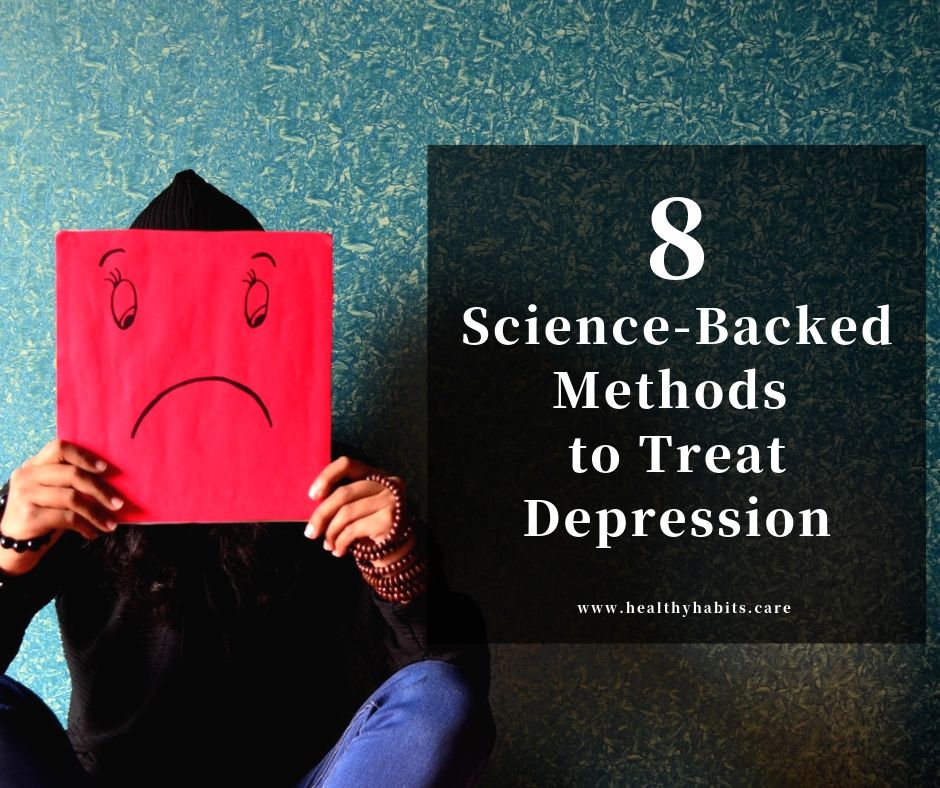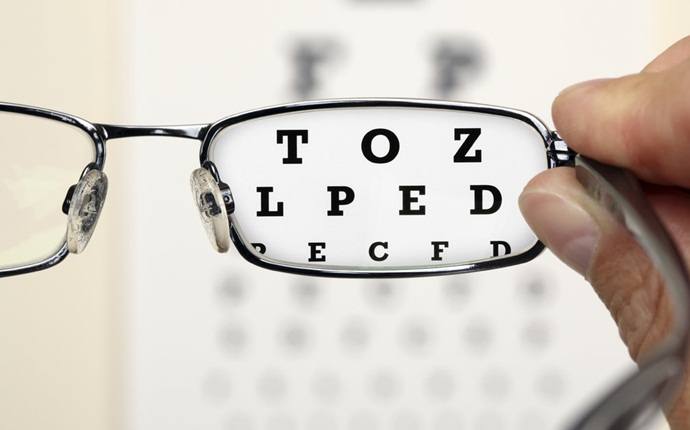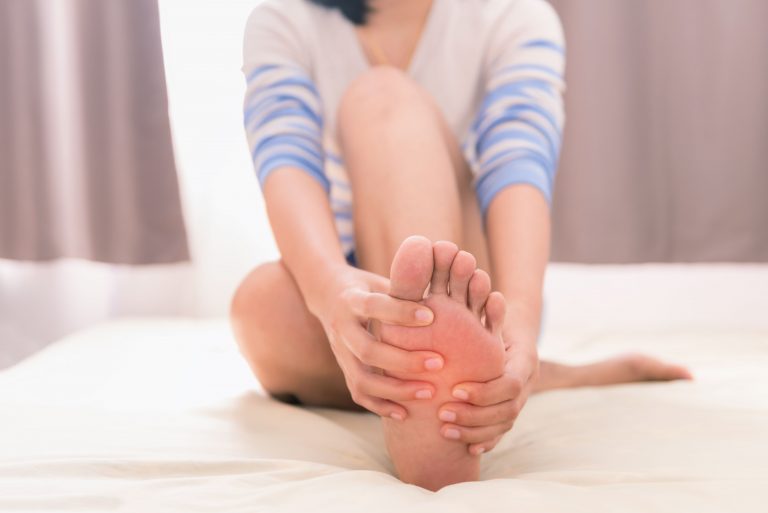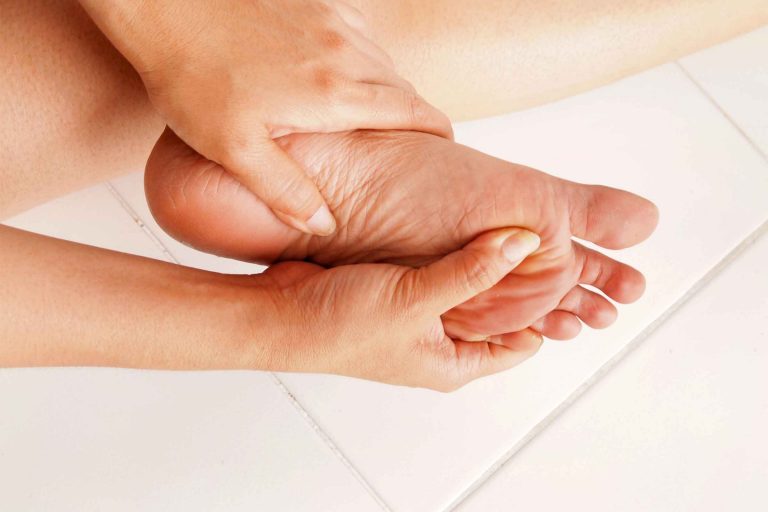
Depression is the most common mental illness, with one in eight women experiencing it at some point during their lives, according to the American Psychological Association. But, the APA notes, it’s also one of the most treatable mental illnesses.
Prescription antidepressant pills are one of the first things women try—over 70 percent of anti-depressant prescriptions in the U.S. are given to women—and there’s no shame at all in taking meds. But there are many other science-backed tricks for beating the blues besides pills. And since you can use all of the methods below in conjunction with traditional talk therapy and medication, it can’t hurt to try them out. It’s all about finding the right balance for your body and mind!
Cognitive behavioral therapy
This blend of talk and behavioral therapies aims to retrain the brain, helping it to break free from the vicious cycle of negative thinking that often characterizes depression. While the therapy has been around for decades, new research is showing just how powerful a tool it can be. A recent meta-analysis published in the British Medical Journal found that cognitive behavioral therapy worked just as well for moderate-to-severe depression as did antidepressant medications.
Virtual reality therapy
It may sound like science fiction but scientists say that working on your feelings in virtual reality can change your emotions in real reality. The study, published in the British Journal of Psychiatry Open, found that people who played a virtual reality simulation game where they practiced compassion helped them learn to be more forgiving and less critical of themselves in real life. This led to participants reporting fewer depressive symptoms—even after the study ended.
Walking outdoors
When you’re depressed, going for a nature walk may be the last thing you want to do. But, according to recent research published in Ecopharmacology, it may be exactly what you need most. The scientists found that people reported an immediate boost in their moods and a more positive outlook after just 30 minutes of walking outdoors. Want to amplify the feel-good effect? Walk with a group. The combination of fresh air, nature, movement and friendship is potent medicine.
Quitting pain meds
Prescription pain medications are a double-edged sword. They’re necessary and powerful pain relievers that have saved many people from needless suffering after surgery, accidents, or injuries. But the side effects can create new problems like addiction and gastrointestinal disorders. And now you can add depression to that list: A new study, published in the Annals of Family Medicine, found that taking opiod pain killers like Vicodin or Oxycontin elevated mood in the short-term but greatly increased the patient’s risk of becoming depressed in the long run.
They recommend not taking painkillers for longer than 30 days. Other medications, like some birth control pills, also can have depression as a side effect, so talk to your doctor if you feel a change in your mood after starting a new medication.
Vagus nerve stimulation
The vagus is a cranial nerve responsible for your heart, lungs, and digestive system. Scientists aren’t sure exactly why, but stimulating that nerve can alleviate symptoms of depression. In the past, that required major brain surgery and involved placing electrodes in your skull—unsurprisingly, it was considered a method of last resort.
But now a new technology has been developed that allows the same stimulation of the vagus nerve by using a small device that clips on to your ear, similar to ear buds. Researchers said wearing the device daily “significantly” reduced depression, especially in patients who had not had success with other methods.
Positive activity interventions
At the risk of sounding like your mom, sometimes the best way to get out of a funk is to look on the sunny side of life. Doing things like counting your blessings, practicing optimism, performing acts of kindness, and using your unique talents all have a measurable and significant effect on depression according to a study published in the Journal of Alternative and Complementary Medicine Called “positive activity interventions,” they are a no-cost, easy way to teach depressed people ways to increase their positive cognitions, emotions, and behaviors, say scientists.
Peptide nasal spray
Peptides are naturally occurring chains of amino acids (the building blocks of protein in your body). One researcher has isolated a particular pepetide that appears to relieve symptoms of depression with minimal side effects. While the study was small and more research needs to be done, scientists say it shows a lot of promise. The only downside? Because the peptide must be able to cross the blood-brain barrier, you have to inhale it up your nose. Just don’t sneeze!
Catch some rays
Depression is often correlated with low levels of vitamin D, according to a study published by The Endocrine Society. Doctors found that raising vitamin D levels by using a “dose” of bright sunlight, preferably in the morning, helped many patients feel less depressed. Bonus: It also helped them reset their biological clocks which reduced insomnia, another factor tied to depression.

























